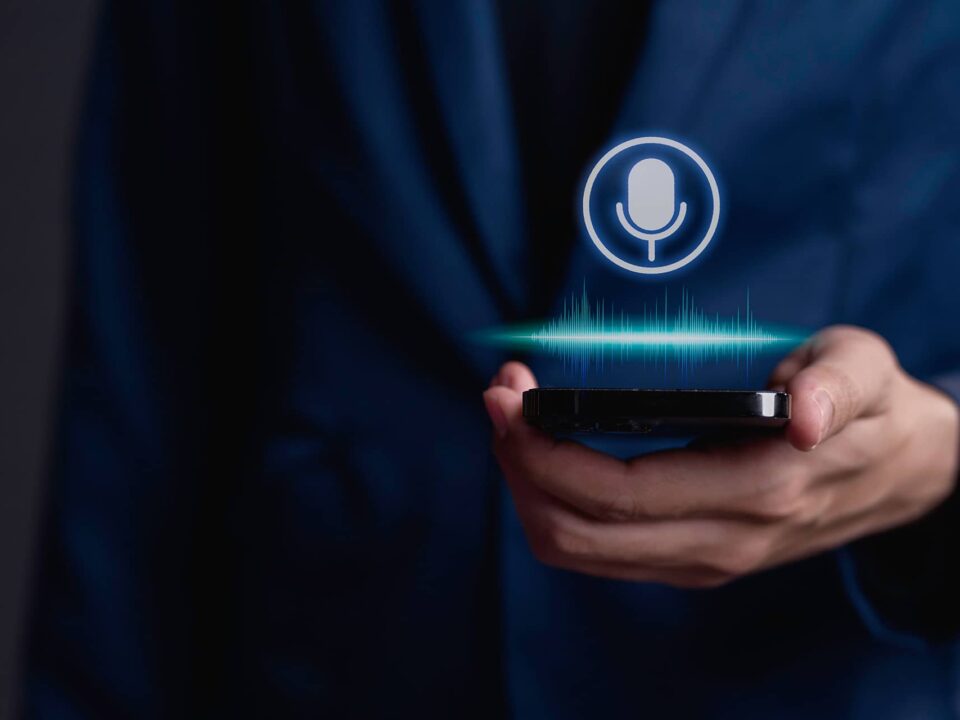
The Paradox in Fast-Growing Medical Documentation and EHR Technology
August 31, 2020
Are You on a Cybercriminal’s Radar?
October 26, 2020How to Transcribe Interviews and Focus Groups With Greater Ease and Accuracy
Interview transcription can serve several purposes, and it can help organizations better achieve their objectives. For example, a written record of what was spoken can help academics conduct research, police officers question witnesses, and businesses manage their market research. If you are looking for ways to transcribe interviews or focus groups more quickly and efficiently, consider the recommendations that follow. They can help you create your interview transcripts with greater ease and improved accuracy.
Know Who’s Talking
Make sure you have the names of all the interview participants to spell them accurately. Also, carefully listen so you can distinguish between similar-sounding voices. Of course, in some interview transcripts, personally identifiable information should be redacted, including participant names. Make sure you know what is required for your interview transcription project to safeguard privacy requirements.
Use the Right Words
Be prepared to research unfamiliar or unusual terminology, including abbreviations. If available, ask the person who recorded the interview or focus group for a terminology list. A list of specialized terms, which may appear as part of the interview questions, can improve accuracy. Otherwise, search engines like Google can be an invaluable resource. Guessing or using the wrong terminology can lead to adverse outcomes, so be careful.
Mark The Time
Consider leaving time stamps at various points throughout the interview transcript to make it easy to cross-reference between the audio file and the transcribed interview. It may be appropriate to leave a time marker at a designated interval or when there is a change in speakers. Likewise, when there is a portion of unintelligible audio, it is often wise to leave a minute marker.
Format Appropriately
Think if it makes sense to transcribe the dialogue verbatim or not. For some cases, like with police interrogations, transcribing all slang, repetitions, and stutters may be warranted. In other cases, like with focus group interviews, omitting interrupting phrases, false starts, and fillers may be more appropriate to promote better readability. Consider the transcript’s audience and for what purpose they will be using it.
Stay Productive
On average, a one-hour interview or focus group can take up to four hours to transcribe. So, use productivity shortcuts wherever possible to work more efficiently. Keyboard shortcuts can help you navigate your word processor and the transcript more sensibly. Likewise, a foot pedal can help you control the audio file more easily, especially if you’ll be transcribing several recordings or a lengthy audio file.
Edit Carefully
Make sure your interview transcripts are a true reflection of the recorded audio files. To achieve this, be sure to relisten to unclear portions of the audio. Having a good quality headset can make this part of the interview transcription process more comfortable.
Also, separate the transcription and editing processes. You’ll be surprised at how many errors you find as you carefully review the interview transcript after you’ve typed it.
Allow Ample Time
Because interview transcription can be so time-consuming, be sure to allow enough time to complete the work. A common misconception is that a 30-minute audio file will take 30 minutes to transcribe. Allow extra time for relistening, research, editing, breaks, and unexpected interruptions. By allowing for extra time, you’ll make the process more manageable, less stressful, and you’ll stay on track to meet your deadline.
Of course, if you’re already incorporating these recommendations and you’re still looking for an easier way to create interview transcripts, contacting a professional transcription company can be a smart way to get your interview transcription done. A professional transcription company will have qualified transcriptionists and quality assurance experts on staff. The most experienced interview transcription companies, like Athreon, will have transcriptionists with domain experience in your specific discipline. To find out more about how you can safely outsource interview transcription, contact Athreon at 800.935.0973.





